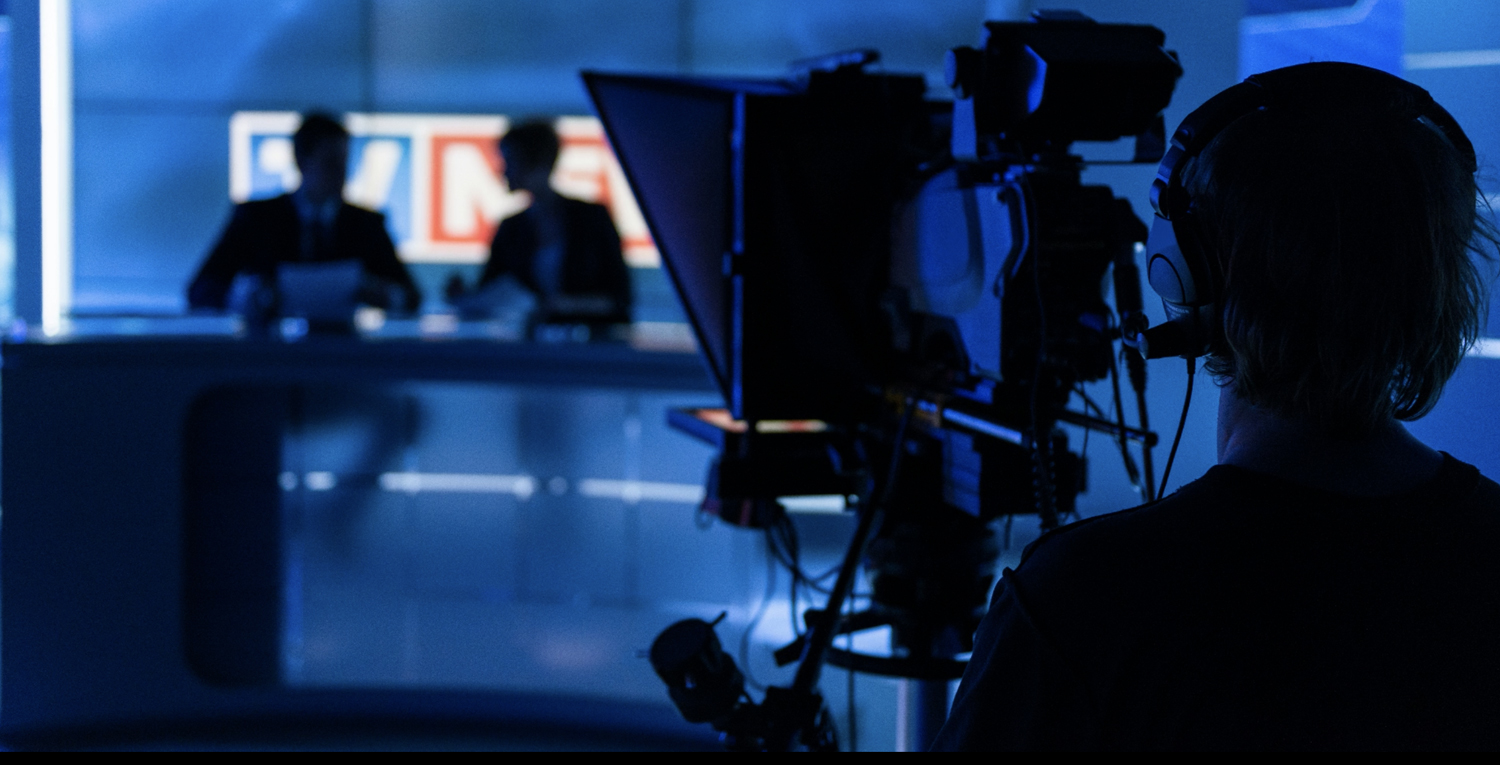Arts, A/V Technology & Communications
The Arts, A/V Technology & Communications cluster focuses on the designing, producing, exhibiting, performing, writing, and publishing multimedia content including visual and performing arts and design, journalism, and entertainment services.
Each lesson below includes an instructional video, lesson plan, and a student test or activity.

Cluster Overview: Arts, A/V Technology & Communications
Upon completion of these materials, students will know the career pathways and some corresponding occupations within the Arts, A/V Technology & Communications CTE cluster.

Graphic Design
Upon completion of these materials, students will know the basics of graphic design history, main elements, typography, and software.

Print Technology Part I: History and Types
Upon completion of these materials, students will know the basics of printing and the process, including historical methods, and print making types.

Multimedia Production
Upon completion of these materials, students will know the basic uses for multimedia productions and elements needed to create them.

Introduction to Audio & Video Technology
Upon completion of these materials, students will know the basics of recording and editing audio and video and identify the tools and equipment used in audio and video technology.

Broadcast Journalism
Upon completion of these materials, students will understand the impact of broadcast journalism, different channels, and strategies to engage audiences.
Key concepts of Arts, A/V Technology & Communications condensed into a series of short instructional videos around a similar topic.
Helping your students discover, understand, and evaluate various career paths and occupations within the Arts, A/V Technology & Communications cluster that align with their personal interests, skills, and values.
Occupation Research Tools 42
MyCareerTech offers full occupation reports on 42 Occupations across the 5 Arts, A/V Technology & Communications Career Pathways.
Journalism and Broadcasting Pathway 13
News analysts, reporters and correspondents gather information, prepare stories and make broadcasts that inform us about local, state, national and international events; present points of view on current issues; and report on the actions of public officials, corporate executives, special interest groups and others who exercise power.
Performing Arts Pathway 13
A variety of businesses and groups involved in theatrical and musical performances are included in this pathway. Theatrical production companies, for example, coordinate all aspects of producing a play or theater event. Agents represent actors and assist them in finding jobs. Costume design management companies design costumes. Lighting and stage crews handle the technical aspects of productions.
Printing Technology Pathway 5
The printing process has three stages-prepress, press and binding or post-press. Prepress workers prepare material for printing presses. They perform a variety of post tasks involved with transforming text and pictures into finished pages and making printing plates of the pages. The printing industry is rapidly moving toward complete "digital imaging," by which customers' material received digitally is converted directly into printing plates. Other innovations in prepress work are digital color page makeup systems, electronic page layout systems and off-press color proofing systems. Printing press operators prepare, operate and maintain the printing presses in a pressroom.
Telecommunications Pathway 2
Telecommunications specialists focus on the interaction between computer and communications equipment. Telecommunications equipment is computerized and can communicate a variety of information, including data, graphics and video. The workers who set up and maintain this sophisticated equipment are telecommunications equipment technicians, installers and repairers.
Visual Arts Pathway 9
Visual artists create art to communicate ideas, thoughts or feelings. They use a variety of methods—painting, sculpting, illustrating—and an assortment of materials, including oils, watercolors, acrylics, pastels, pencils, pen and ink, photography, plaster, clay and computers. Their works may be realistic, stylized or abstract and may depict objects, people, nature or events.
MyCareerCorner 9
MyCareerCorner is a series of short, 3–5-minute video Q&A from individuals across different careers and occupations giving insight and advice about their job, industry, and real-life professional experiences. Each MyCareerCorner episode includes an online activity that will challenge students to think deeper about the cluster and apply what they’ve learned.
Finding Your Audience with Eunice Elliott
Upon completion of these materials, students will have identified the importance of understanding your audience, and reflected on how they can use that skill in professional settings.
Behind the Mic: Sports Broadcasting with David Crane
Upon completion of these materials, students will have learned that they can start building their career plan now and identified a path to discovering their professional interests.
Starting a Career in Sports Broadcasting with David Crane
Upon completion of these materials, students will have examined the Sports Broadcasting industry and reflected on whether it could be a good fit for their future career.
Developing a Professional Mindset with Eunice Elliott
Upon completion of these materials, students will have learned some of the different elements of beginning a new career and thought critically about how to grow their own professional mindset.
A Typical Week in Sports Broadcasting with David Crane
Upon completion of these materials, students will understand the importance of organization and preparation for building a successful career in any industry.
Staying Flexible in Your Career Plan with Eunice Elliott
Upon completion of these materials, students will have discovered that it's normal to have a variety of experiences throughout a career and gained insight into the importance of remaining flexible while career planning.
Gaining Skills and Experience for Sports Broadcasting with David Crane
Upon completion of these materials, students will have determined the value of gaining skills and experience during their time in school and identified ideas to start gaining professional experience now.
Common Mistakes in Sports Broadcasting with David Crane
Upon completion of these materials, students will recognize the fact that mistakes are a normal part of the workforce and will have identified why it’s important to keep moving forward after making one.
Memorable Moments in Sports Broadcasting with David Crane
Upon completion of these materials, students will have identified the value of feeling successful at work and learned that workplace accomplishments can result in professional growth.
This page includes information from O*NET OnLine by the U.S. Department of Labor, Employment and Training Administration (USDOL/ETA). Used under the CC BY 4.0 license. O*NET® is a trademark of USDOL/ETA.
Advance CTE sponsors the 16 National Career Clusters Framework and career cluster definitions.
Bureau of Labor Statistics, U.S. Department of Labor, Occupational Outlook Handbook, Industries at a Glance, at bls.gov/iag/tgs/iag_index_alpha.htm (visited March 20, 2024).
